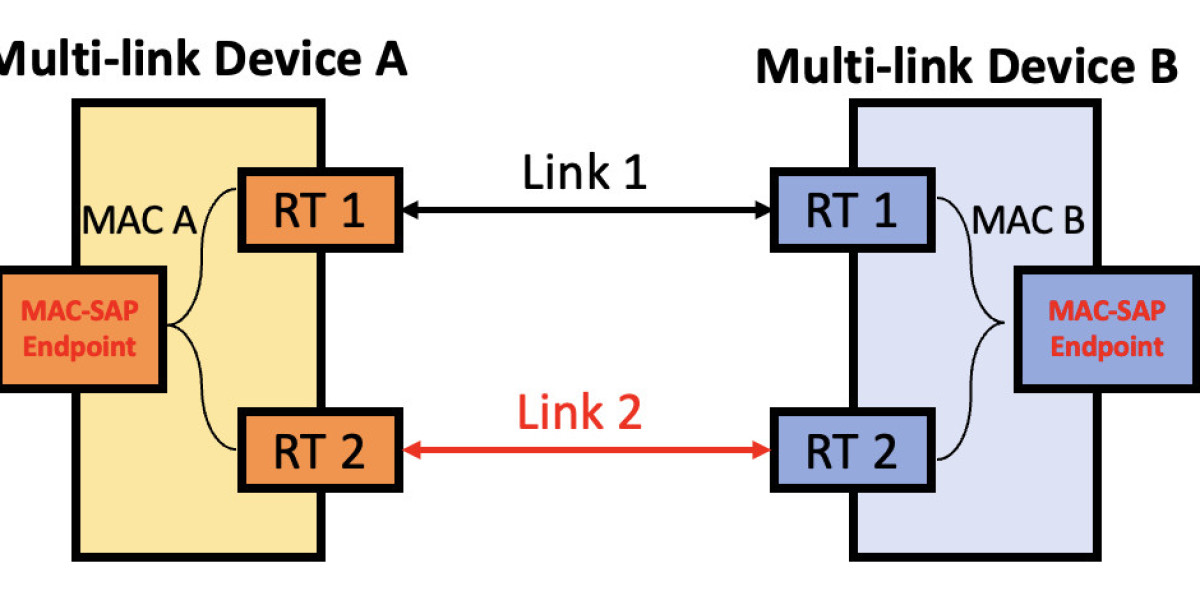This is the transformative power of WiFi in schools. It's no longer a luxury, but a crucial tool for enhancing learning, fostering collaboration, and preparing students for a tech-driven future. Let's explore the compelling reasons why schools should embrace WiFi for a more engaging and effective learning environment.
Unlocking Educational Resources:
Wifi for School grants students instant access to a vast library of online resources, empowering them to:
Deepen Research: Go beyond textbooks with access to educational websites, online journals, and multimedia content to enrich understanding of complex topics.
Personalized Learning: Students can explore learning materials at their own pace, utilizing educational apps and online courses tailored to their individual needs.
Interactive Learning: Teachers can leverage online tools like simulations, virtual field trips, and educational games to create a more engaging and interactive learning experience.
Boosting Collaboration and Communication:
WiFi fosters a collaborative learning environment by enabling:
Real-time Collaboration: Students can work together on projects, share documents and presentations in the cloud, and engage in online discussions, fostering teamwork and communication skills.
Flipped Classrooms: Teachers can pre-record lectures and share them online, allowing students to learn at their own pace, freeing up valuable class time for interactive activities and discussions.
Parental Involvement: Parents can stay connected to their child's education by accessing online learning platforms and communicating with teachers more easily.
Preparing Students for the Digital World:
In today's digital age, schools have a responsibility to equip students with the skills they need to thrive. WiFi helps by:
Digital Literacy: Students develop essential skills like online research, information evaluation, and responsible digital citizenship through access to online resources.
Technology Integration: WiFi allows schools to integrate technology seamlessly into the curriculum, preparing students for future careers that increasingly rely on digital tools.
21st Century Learning: WiFi fosters a dynamic learning environment that promotes critical thinking, problem-solving, and creativity, crucial skills for success in the 21st century.
Addressing Concerns and Considerations:
While WiFi offers numerous benefits, some concerns need to be addressed:
Content Filtering: Schools should implement robust content filtering systems to ensure student safety and prevent access to inappropriate content.
Cybersecurity: Robust cybersecurity measures like firewalls and user authentication are essential to protect school networks from cyber threats.
Digital Equity: Schools need to ensure equitable access to WiFi and devices for all students, bridging the digital divide and fostering inclusive learning.
Conclusion:
WiFi is not just a technological advancement; it's a catalyst for educational transformation. By embracing WiFi and addressing potential concerns, schools can unlock a world of learning opportunities, empower students to become active participants in their education, and prepare them for success in the digital world.
For more info. visit us:








